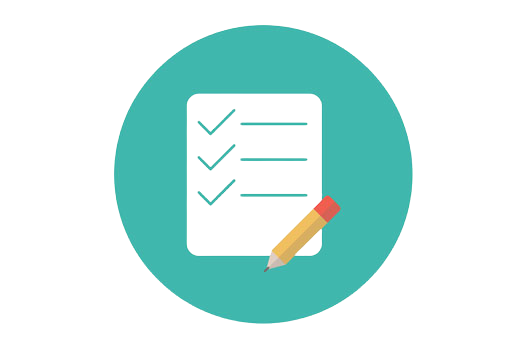Your Shopping Cart

This course is designed to give you a head start in Data warehousing and train you on different concepts of Data warehousing and its implementations.
learn the basics of structured data modeling, acquire practical SQL coding experience, and conceive an in-depth understanding of data warehouse design and manipulation.
Data warehouses are relational environments used for data analysis, particularly historical data. Organizations use data warehouses to find patterns and relationships in their data that evolve.
BI /ETL Professionals, Project Managers, Testing Professionals, Mainframe Professionals, Analytics Professionals, Software Developers and Architects
Data warehouses are utilized for analytical purposes and enterprise reporting. Data warehouses generally keep recorded data by incorporating copies of transaction data from disparate bases. Data warehouses can also use real-time data for reports that utilize the most current, integrated details.
The Data warehouse functions by gathering and organizing data into a comprehensive database. Once the data is collected, it is sorted into different tables depending on the data type and layout.
The three significant kinds of data warehouses are enterprise data warehouse (EDW), the operational data store (ODS), and data mart.
A fascinating trend to note is that with every added year of experience, Data Warehousing and Business Intelligence Professionals earn multifold.
Data Warehouse Development requires a developer with excellent analytical, computer, and communication skills. It is important to have hands-on experience with ETL tools and a working knowledge of structured query language (SQL), Business Intelligence best practices, and data warehouse and reporting techniques.
Data warehousing as a service (DWaaS) is an outsourcing model in which a service provider configures and controls the hardware and software resources a data warehouse needs. The consumer feeds the data and pays for the organized service.
Discussing about the basic concepts of a data warehouse and why it is needed. Difference between an operational system and an analytical system, Datamarts. Approaches to build a data warehouse.
Learning what a dimension and a fact is, the different types of dimensions and facts. Reporting concept of Hierarchy.
Organizing data in multiple tables. Understanding normalization and its different forms. Learning what is a schema and the different types of schemas along with meta data.
Understanding principles of requirement gathering to build a warehouse and dimensional modeling.
Understanding where will the data come from and how will the data come and Populating the warehouse.Learning concepts of Extracting data, Transforming data and Loading the data into different tables.
Implementing a data warehouse Project.
Edtia Support Team is for a lifetime and will be open 24/7 to assist with your queries during and after completing Data Warehousing Certification Training.
The average salary of a Data Warehousing manager is $129,292
To better understand Data Warehousing, one must learn as per the curriculum.
A typical data warehouse has four main components: a central database, ETL (extract, transform, load) tools, metadata, and access tools. All of these components are engineered for speed so that you can get results quickly and analyze data on the fly.
R, Python, and Scala are the three major languages for data science and mining. Here, you'll find their respective popularity, ease of use, and pros and cons. Before all that, however, an essential link between data warehousing and Big Data needs discussing.
Data warehouse engineers help build and manage data warehouse strategies and execute these. This includes setting scopes for projects, choosing the tools, and meeting all data needs. Furthermore, they often take on a strategic approach to develop appropriate solutions.
The process of extracting data from source systems and bringing it into the data warehouse is commonly called ETL, which stands for extraction, transformation, and loading.


Every certification training session is followed by a quiz to assess your course learning.

The Mock Tests Are Arranged To Help You Prepare For The Certification Examination.

A lifetime access to LMS is provided where presentations, quizzes, installation guides & class recordings are available.

A 24x7 online support team is available to resolve all your technical queries, through a ticket-based tracking system.

For our learners, we have a community forum that further facilitates learning through peer interaction and knowledge sharing.

Successfully complete your final course project and Edtia will provide you with a completion certification.
Continuous Data Warehousing Training demonstrates that the holder has the proficiency and aptitudes needed to work with Data Warehousing.
By enrolling in the Data Warehousing Training and completing the module, you can get the Edtia Data Warehousing Training Certification.
If you're serious about Data Warehousing, having proof of your Data Warehousing expertise could help you land a better job in those fields.
If you're ready for a career in a stable and high-paying field, Data Warehousing might be right for you, and this Certification is the place to start.
